In today’s increasingly interconnected world, the capacity to work collaboratively is a critical ability. As traditional instructional standards progress to fulfill the needs of the 21st century, collective knowing emerges as a crucial principle. This write-up looks into the intricacies of collaborative discovering, exploring its benefits, techniques, and challenges, while supplying understandings right into exactly how it forms modern-day education.
Collaborative discovering surpasses just collaborating.
It personifies an academic technique where people engage in a collective initiative to gain knowledge, fix issues, and achieve a common objective. This approach stresses the value of diversity in idea and cultivates much deeper understanding via interaction and shared experience.
The Benefits of Collaborative Discovering
Joint knowing provides a myriad of knowledge exchange platform benefits, making it a preferred method in academic settings across the globe. Among the main advantages is the enhancement of critical believing abilities. As students engage with peers, they are exposed to different viewpoints, urging them to assess and analyze information a lot more seriously.
An additional considerable advantage is the renovation in communication abilities. Collective knowing atmospheres require active listening, articulate expression of ideas, and considerate discussion. These abilities are invaluable, not just academically, however in professional and social contexts also.
Cognitive development is additionally significantly reinforced via collaborative initiatives. Interacting calls for learners to verbalize their thinking, challenge presumptions, and incorporate different point of views, leading to deeper cognitive processing and retention.
- Improved essential thinking
- Improved interaction skills
- Boosted cognitive growth
- Higher retention rates
- Cultivating of social and management abilities
The advancing impact of these advantages is a much more alternative academic experience. Learners not just get understanding however likewise create essential life abilities that prepare them for future joint undertakings in any kind of field.
Strategies for Efficient Collaborative Discovering
Applying collaborative discovering effectively needs thoughtful approach and planning.

Educators has to produce an atmosphere for collaboration, where students feel safe and determined to participate freely. Right here are some methods that can facilitate successful collective discovering experiences.
To start with, establishing clear purposes and assumptions is critical. When students comprehend the goals and their roles within the team, they are more likely to involve meaningfully. Educators ought to communicate these goals explicitly and guarantee they are straightened with the curriculum.
Secondly, making use of varied group frameworks can improve the understanding experience. By varying team make-up, whether by ability degree, interest, or background, teachers can promote vibrant communications and an extra extensive understanding of the product.
Obstacles in Collaborative Understanding
While collaborative knowing supplies various benefits, it is not without its challenges. One usual problem is the difference in group member involvement. Some people may dominate discussions, while others may be less likely to contribute, leading to an imbalance in the discovering experience.
- Disparate degrees of engagement
- Prospective for conflict
- Time administration troubles
- Diverse degrees of commitment
In addition, disputes can develop as a result of varying viewpoints, working designs, or misunderstandings. Educators must be furnished to take care of these problems properly, promoting an atmosphere where considerate discussion prevails.
The Duty of Modern Technology in Collaborative Discovering
In the digital age, modern technology plays a critical function in assisting in collective understanding. On-line systems damage geographical obstacles, allowing people from varied places to collaborate in actual time. These devices use a wide range of attributes that boost collaborative efforts, from shared documents and conversation online forums to online conference spaces.
Modern technology not just broadens the scope of that can join collaborative understanding however additionally enhances the high quality of communication. Learners can access a wider series of sources, involve with interactive web content, and apply their knowledge in innovative ways.
Future of Collaborative Knowing
Looking in advance, the future of collaborative discovering appears appealing. As schools remain to accept technology and introduce instructional strategies, partnership will likely end up being a cornerstone of discovering experiences whatsoever degrees of education and learning.
Ultimately, the significance of collective knowing lies in its ability to equip people via shared initiative and good understanding. As we move forward, cultivating these experiences will certainly be important in preparing learners not just to be successful academically, however to prosper in a complex, interconnected globe.



